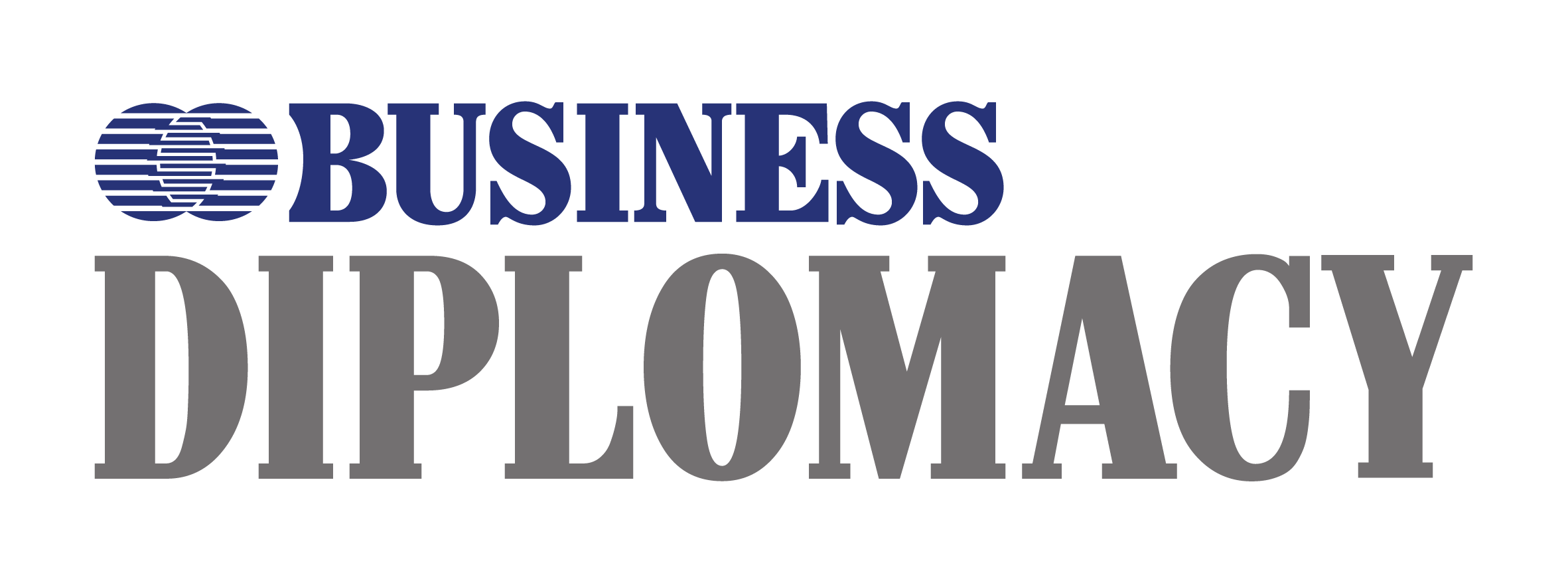The New Paradigm Shift In Business And Society 5.0
Being future-ready, managing change in uncertain times, remaining competitive, and increasing profit margins continuously are the main challenges for businesses in every period. A series of actions such as generating economic value from data, designing human-centred digital transformation, and rewiring business models around sustainability are recommended as a remedy for these challenges today. Meanwhile, we need a compass for an accurate analysis of the transformation we have been going through to keep up with an unprecedented level of technological, social and environmental change, implementing the recommended remedies. And Society 5.0 vision guides us in the paradigm shift we experience.
Society 5.0 is a vision put forward by Japan, and we can briefly define it with the slogan “Technology for Society”.
- Utilising technology to solve sustainability problems with a mission-oriented approach, and
- Ensuring social cohesion with a holistic approach to digital transformation are distinctive features of the Society 5.0 vision.
Society 5.0 refers to the “(Super) Intelligent Society” stage that humanity has reached after leaving behind the hunting society (Society 1.0), agricultural society (Society 2.0), industrial society (Society 3.0), and information society (Society 4.0). While the concept Industry 4.0 focuses on the digital transformation of businesses, Society 5.0 refers to a holistic human-centred digital transformation. It aims at developing human-technology relations with a balance favouring human beings.
The terminology used by different approaches sharing a common thread with the Society 5.0 vision (to maximise the benefits of technology for the good of society and avoid potential risks) is summarised below.
Examining the Japanese case, we see that new cooperation models between the public and private sector, academia and civil society are developed with Society 5.0 vision, in a coordinated effort “to overcome societal challenges and co-create the future through digitalisation and unity in diversity “. We see that the Japanese private sector has shifted its focus from “product development” to “solution development” for maintaining economic prosperity. In Society 5.0, the definition of competition and its conditions are changing; mission-oriented innovation is becoming the dynamo of economic growth and prosperity, both at institutional and societal levels.
Covid-19 has pushed advances attributed to Society 5.0; the “solution economy”, platform-based business models and “experience as a service” have become part of our lives much earlier than expected. We face a different economic paradigm in which data is one of the primary sources of wealth. Unlike Society 4.0, where economic success was measured by efficiency, in the new order (where we cannot compete with robots in terms of efficiency), creating economic value through big data analytics and developing solutions to societal problems with the help of technology have come to the fore. Businesses now must change their definition of value/profit, focusing not only on financial gains but also the social and environmental impact they make for the people, planet, and prosperity.
In this context, we can summarise the priority issues for the businesses as follows.
* Data-driven growth: What kind of data do companies have; how can we benefit from them to create new business opportunities? Which additional needs can we meet for our customers in the sectors we offer service? Or what kind of economic activities can we initiate in a completely different field? Taking these questions into consideration is critical for businesses.
*Human-centred Digital Transformation: Steering digital transformation with the participation of all company units and in a way that serves its primary strategy.
* Improvement of human capital: Having employees gain new competencies to develop the analytical competencies required by the new era (reskilling) and improve the existing skillset (upskilling).
*Society 5.0 oriented Corporate Social Responsibility: Adopting a corporate social responsibility approach that will contribute to the UN Sustainable Development Goals and circular economy and embedding sustainability into company’s business model.
* The fundamental questions about how corporate culture, organisational structure, and leadership will align with digital transformation are just as important and perhaps more important than other dimensions.
Society 5.0 Institute, as a London-based social enterprise working in this field for the last five years, has prepared a questionnaire that helps stakeholders to see their needs for Society 5.0 readiness within the framework. It reaches out to more companies every day through training and consultancy services under various national and international projects.
Dr. Yıldız Tuğba Kurtuluş Kara/President of Society 5.0 Institute

